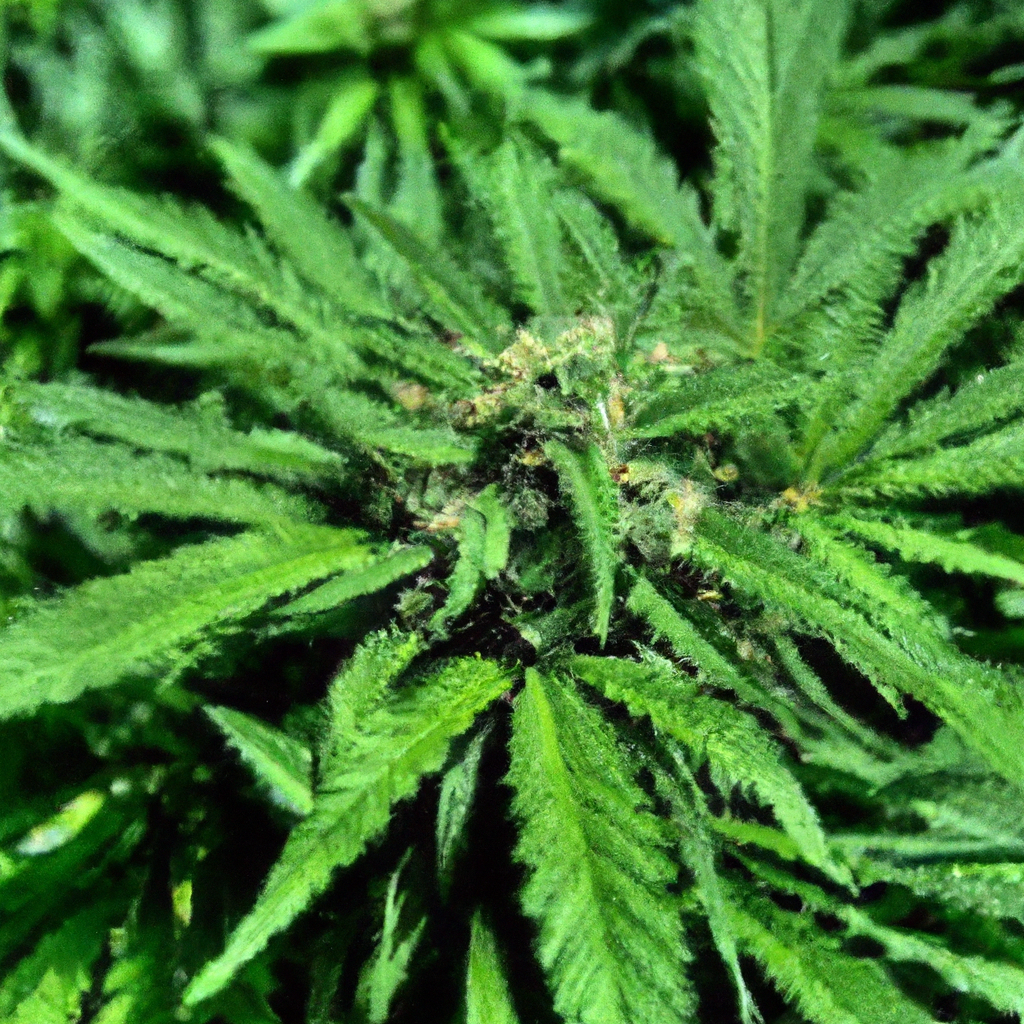Your cart is currently empty!
Organic cannabis cultivation is becoming increasingly popular among growers who wish to embrace sustainable practices that benefit both the environment and consumers. This guide will walk you through the best practices in organic cannabis cultivation, focusing on natural fertilizers, compost, and eco-friendly pest control methods.
Introduction to Organic Cannabis Growing
Growing cannabis organically involves using natural resources and techniques to enrich the soil, boost plant health, and control pests without synthetic chemicals. This not only leads to a healthier and more robust cannabis plant but also creates a cleaner and more sustainable environment.
Enhancing Soil Health Naturally
The foundation of successful organic cultivation lies in the soil. Healthy soil is teeming with beneficial microbes that aid in nutrient absorption and plant growth. Follow these steps to build a rich soil ecosystem:
- Compost: Utilize homemade or purchased compost to introduce organic matter and microorganisms into your soil. Regularly amending your soil with compost can improve its structure and nutrient content.
- Cover Crops: Plant cover crops such as clover or vetch to enhance soil fertility and prevent erosion. These plants can be tilled back into the soil as green manure, enriching it further.
- Soil Testing: Periodically test your soil to monitor pH levels and nutrient profiles, ensuring that your cannabis plants are getting the right balance of nutrients.
Natural Fertilizers for Optimal Growth
Organic fertilizers are derived from natural sources and decompose to release nutrients over time. Here are some excellent options for feeding your cannabis plants:
- Bone Meal: High in phosphorus, bone meal supports strong root development and flowering.
- Fish Emulsion: Rich in nitrogen, this liquid fertilizer can be easily absorbed by plants, promoting robust vegetative growth.
- Seaweed Extract: This provides a good source of potassium and micronutrients, enhancing stress resistance and overall plant vitality.
Eco-Friendly Pest Control
Maintaining plant health without chemicals can be challenging, but organic methods offer effective solutions:
- Companion Planting: Grow pest-repellent plants like marigolds and basil alongside cannabis to naturally deter harmful insects.
- Neem Oil: A natural insecticide, neem oil can control pests such as spider mites and aphids without harming beneficial insects.
- Insecticidal Soap: This biodegradable option can be used to target soft-bodied insects while preserving the plant’s natural defenses.
The Benefits of Organic Cannabis Cultivation
By choosing organic methods, growers contribute to ecological balance and sustainability. Consuming organic cannabis means fewer chemical residues and potentially healthier end products. Furthermore, these practices support the biodiversity of the surrounding environment.
Conclusion
Embracing organic cultivation practices not only leads to healthier cannabis plants but also fosters a more sustainable and eco-friendly growing environment. By focusing on natural soil enhancement, using organic fertilizers, and implementing eco-friendly pest controls, growers can make a positive impact on both the environment and consumer health.
Start incorporating these practices today to not only elevate the quality of your harvest but also contribute to a greener planet.
Discover more from Magic Clones
Subscribe to get the latest posts sent to your email.


Leave a Reply